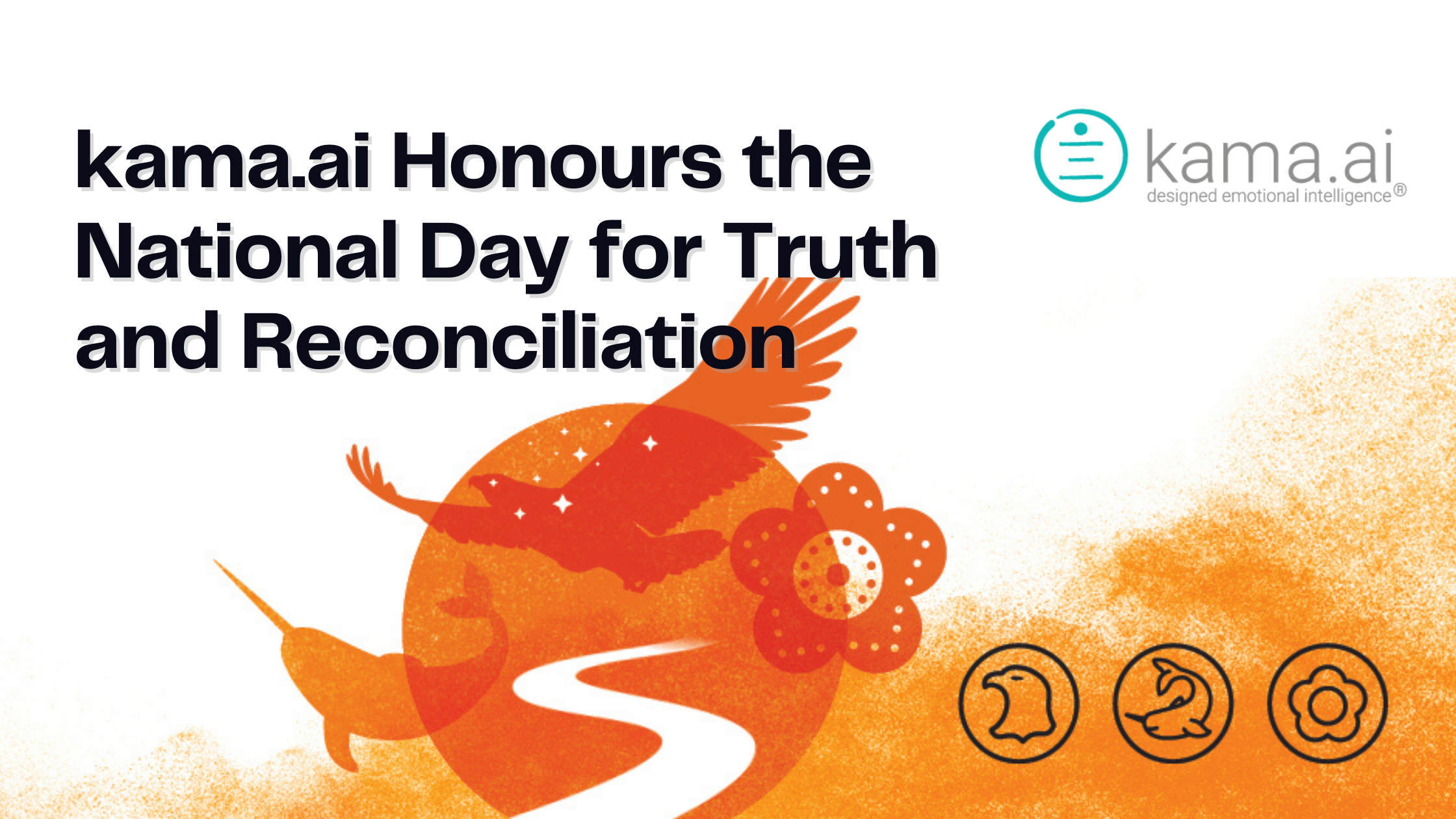On June 3rd, 2021, the Canadian government passed legislation to identify September 30th, 2021, as a National Day for Truth and Reconciliation to commemorate the historical and current impacts of residential schools. This was one of the recommendations proposed in the Final Report of the Truth and Reconciliation Commission of Canada (TRC) in 2015.
In collaboration with Aboriginal peoples, the report called upon the federal government to establish a statutory holiday, a National Day for Truth and Reconciliation, to honour Survivors, their families, and communities. The intention was to ensure that public commemoration of the history of residential schools remains a vital component of the reconciliation process.
As an Indigenous company, kama.ai acknowledges the history of residential schools and reaffirms its commitment to diversity, equity and inclusion. We respect the commemoration of this day as a step towards truth and reconciliation, and we reflect on the injustices of residential schools in Canada.
You may find the following resources of interest if you would like to learn more about the TRC, its final report, and what you can do on September 30th.
National Centre for Truth and Reconciliation (Reports)
- Honouring the Truth, Reconciling for the Future – Summary of the Final Report of the Truth and Reconciliation Commission of Canada (Click Here)
- Truth and Reconciliation Commission of Canada: Calls to Action (Click Here)
Meaningful ways to mark Canada’s first-ever Truth and Reconciliation Day
- Hear from Justice Murray Sinclair, former Senator and head of the TRC, about what this day is intended to mean and serve in Canada’s ongoing reconciliation efforts.
- September 30th is also Orange Shirt Day which honours the children who survived Indian Residential Schools and remembers those who did not. So wearing an orange shirt is a symbolic way to show your support of those impacted by the Canadian Residential School system.
- Tune into the Downie & Wenjack Foundation (DWF) on September 30th for a recorded panel discussion, led by DWF President and CEO, Sarah Midanik, to explore this new day of reflection, what this means for reconciliation in Canada, and how we can participate meaningfully.
- Visit the memorial created by survivors, and others, for those who died or went missing from residential schools.
